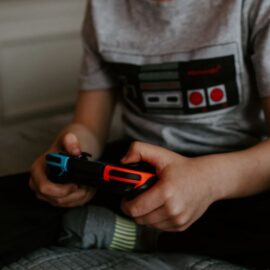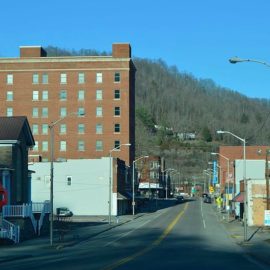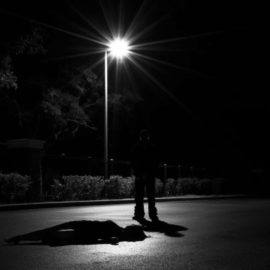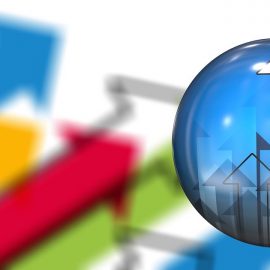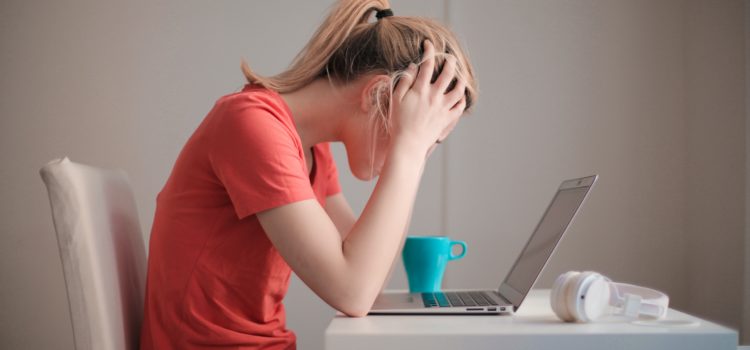
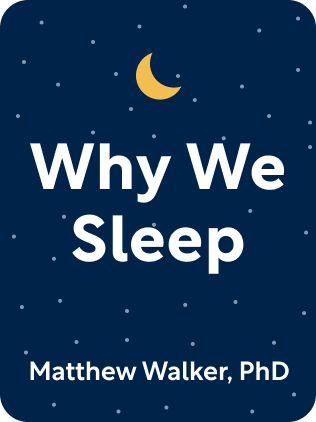
This article is an excerpt from the Shortform summary of "Why We Sleep" by Matthew Walker. Shortform has the world's best summaries of books you should be reading.
Like this article? Sign up for a free trial here .
Is there widespread sleep deprivation in society? What does it mean?
Sleep deprivation in society is a phenomenon that refers to our society’s incompatibility with sleep. Due to things like work and school schedules, and even culture, sleep deprivation in society is an ongoing issue.
Sleep Deprivation in Society
Sleep deprivation goes far beyond our individual sleep practices. Our society has structurally locked in sleep deprivation in 4 ways.
Work Schedules Disrupt Sleep
The ethos at many companies sees sleep as an indulgence for the weak. They lionize the road warrior who fearlessly crosses time zones on tiny amounts of sleep and answers emails at 1AM. In their minds, more hours worked = more productivity.
This is short-sighted. The effects of sleep deprivation in society are costly to employers:
- Lost productivity per sleep-deprived worker is in the thousands of dollars a year. The author argues insufficient sleep costs 2% of GDP.
- In a natural experiment studying workers on opposite edges of a time zone, workers who obtained an hour of extra sleep earned 5% higher wages.
- Sleep-deprived workers show bad traits:
- Reduced work performance, creativity, motivation, social cohesion.
- Increased risk-taking, impulsiveness, and desire to cheat.
- Leaders who sleep worse are rated worse by their team and caused less engagement in their workers. This is visible day-by-day — poor sleep one night is immediately seen as worse performance the next day.
- Workers who sleep less rate their leaders as less charismatic, regardless of the leader’s sleep level (thus forming a multiplicative effect where sleepless leaders and workers make everyone miserable).
- Insidiously, workers don’t perceive themselves as performing worse when sleep deprived.
Another vicious cycle: people sleep less because of the amount of work they have to do, but their low sleep reduces their productivity and increases the work remaining.
Solutions for employers:
- Focus less on hours worked, but on real productivity and output.
- Let people have flexible work hours to suit personal circadian rhythms. Don’t punish night owls more than morning people.
- Add nap pods and adaptive office lighting to better suit sleep.
School Schedules Disrupt Sleep
To match parent’s schedules, primary/secondary school often begins at 8AM, sometimes 7AM. Kids who need to catch a long bus ride have to wake at 5:30AM or earlier. Schools contribute significantly to sleep deprivation in society, since they don’t account for different sleep cycles in age.
Remember that children have delayed circadian rhythms. This is akin to forcibly waking adults at 3:30AM every day. Kids these days are sleeping two hours less per night, compared to children a century ago.
Kids with lower sleep show lower motivation, academic performance, test scores, IQ, as well as greater irritability, distraction, anxiety, substance abuse, and risk of traffic accidents.
Unfortunately, kids from poorer families are less likely to be driven to school, so they need to wake up even earlier.
Many kids diagnosed with ADHD may actually have sleep disorders (the author estimates >50% are misdiagnosed). Unfortunately, they’re treated with amphetamine (Adderall), causing even worse sleep problems.
Society should push to change school schedules to better match the circadian rhythm of kids.
Medical Training Schedules Disrupt Sleep
The medical residency training system began with a cocaine-addicted surgeon (William Halsted) in New York in the 1880s. Viewing sleep as the enemy, he instituted 30-hour shifts.
Sleep-deprived residents show greater risk of medical errors, surgical errors, misdiagnoses, and careless deaths. (Recall that after 22 hours without sleep, performance is impaired to the same level as being legally drunk.)
First-year residents are now limited to 24-hour shifts and 80-hour weeks. Later-year residents have no such restriction, since the ACGME claims the medical error studies were done only on first-year residents.
Structurally, the medical system resists change for fear of limiting training volume. Also, older doctors may fear this encourages laziness, relative to what the attending doctors had to suffer through.
Sleep Deprivation is Used for Torture
Sleep deprivation torture is recognized by many countries as unethical, but still practiced by others (like the US in Abu Ghraib).
According to the author, sleep deprivation doesn’t even work well. It reduces the quality of information (harms memory recall) and increases the risk of lying and false confessions in a desperate hope to get some sleep.
Improving Sleep in Society
We’ve seen chronic sleep deprivation in society caused by a variety of factors, from the individual scaling up to the societal. The book ends with the author’s musings on how to improve sleep quality systemically:
- Individual
- Automated “internet of things” household that can automatically sense your circadian rhythm and personalize the temperature and lighting to maximize sleep.
- Furthermore, if you have an upcoming disruption to your sleep schedule (like a flight), it can adjust your circadian rhythm to smoothen the transition.
- Sophisticated body trackers that record a host of factors — sleep, physical activity, light exposure, temperature, heart rate, mood, happiness, social performance, productivity — and shows how your sleep correlates with better performance on all dimensions
- Patients given tools to show their compliance with a program (like blood pressure monitors, scales) increase compliance rates. More data on sleep would improve sleep quality.
- Can also predict when it’s best to get a flu shot (since sleep affects responsiveness to vaccines)
- Cars that sense sleepy driving through facial recognition and driving behavior. The car can shut down in dangerous situations. Drivers with good sleep habits may get lower insurance rates.
- Automated “internet of things” household that can automatically sense your circadian rhythm and personalize the temperature and lighting to maximize sleep.
- Educational
- Have sleep be a mandatory subject in physical education (like drugs and diet)
- Have predictive tools that show the costs to health and income if you continue your poor sleep habits
- Instruct the populace on sleepy driving as much as drunk driving
- Organizational
- Companies should be more flexible about work hours, allow naps, and de-emphasize hours worked in favor of real productivity.
- Employers and insurance companies can incentivize sleep. For example, for a certain number of days of over 7 hours of sleep (as tracked by a sleep monitor), get extra vacation days, more pay, or reductions in health insurance premiums.
- Hospitals should promote sleep hygiene for patients, especially in the ICU and NICU. Change the harsh white lighting, dispense earplugs and eye masks, reduce alarms and beeps, and schedule lab tests to align better with sleep schedule.
- Better sleep is shown to reduce sensitivity to pain, and increase weight gain and O2 sat levels in neonates.
It can be difficult to improve your sleep when sleep deprivation in society is also a concern. While you can’t control sleep deprivation in society, you can control your own sleep habits.

———End of Preview———
Like what you just read? Read the rest of the world's best summary of Matthew Walker's "Why We Sleep" at Shortform .
Here's what you'll find in our full Why We Sleep summary :
- Why you need way more sleep than you're currently getting
- How your brain rejuvenates itself during sleep, and why nothing can substitute for sleep
- The 11-item checklist to get more restful sleep today


